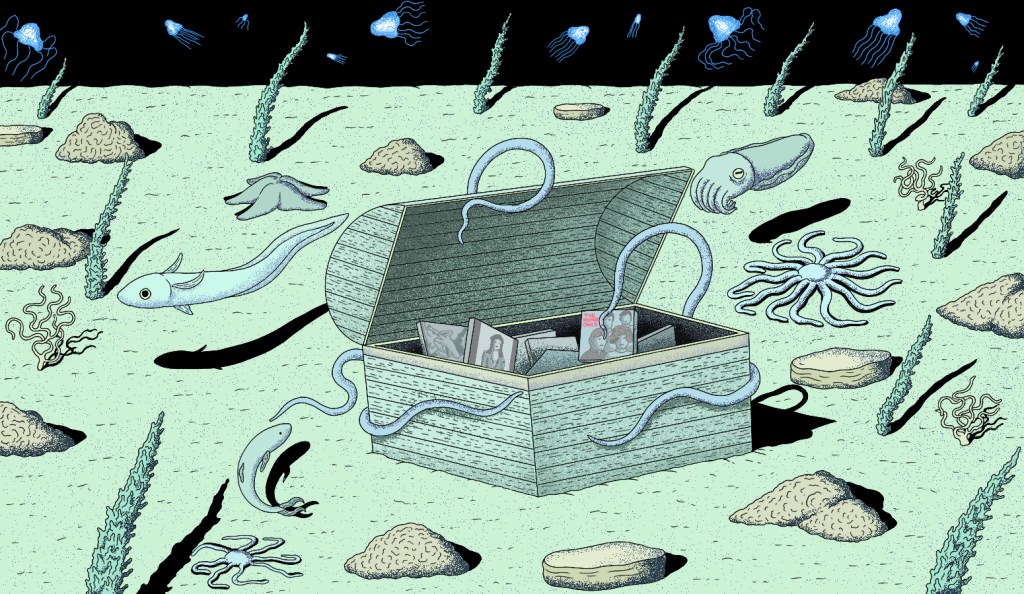Gas shortages are being reported in various eastern states including Georgia, North Carolina, Florida, Virginia, and South Carolina, according to various media reports, after Friday’s Colonial Pipeline hack. The pipeline supplies roughly 45 percent of the East Coast’s fuel, and remains mostly offline.
However, the shortage is being exacerbated by hoarding and panic buying making a bad situation worse.
Videos by VICE
The best information we have on this comes from petroleum analyst Patrick De Haan who works for GasBuddy, a company that tracks gas prices and availability. De Haan has been providing hourly updates on gas availability throughout the impacted states. Although gas stations are running out of gas, prices are remaining relatively stable, tracking with the general increase that has been occurring for weeks.
So far, Virginia is the most impacted by the shortages with 7.6 percent of gas stations out of fuel. About one in 20 North Carolina gas stations don’t have gas. But, De Haan has been very clear this shortage is being made worse by a surge in demand, which rose 40 percent in Georgia, Florida, South Carolina, North Carolina, and Virginia on Monday over the week before. These are also the states with the most severe shortages.
To help ease the shortage, the Environmental Protection Agency has temporarily authorized selling dirtier gasoline that results in higher emissions. Governor Roy Cooper of North Carolina declared a State of Emergency that, among other things, waives safety regulations for truck drivers similar to those already waived on the federal level.
But those and similar efforts across the East Coast are of only marginal impact, especially if millions of Americans continue to panic buy gasoline. Colonial’s latest update, issued last night, says they continue to work to restore the mainline system while allowing some spur lines to run under manual control.
Eventually—and probably before the end of the week—the main lines will be back in service and everything will be fine. “People need to ‘Netflix and chill’ for the next couple of days,” GasBuddy spokesperson Allison Mac said in an email to Motherboard. “If you can work from home, work from home. Limit your use of the car until the situation can be resolved.” And hey, it wouldn’t exactly be bad for the environment to continue to do that even when this is all over.




